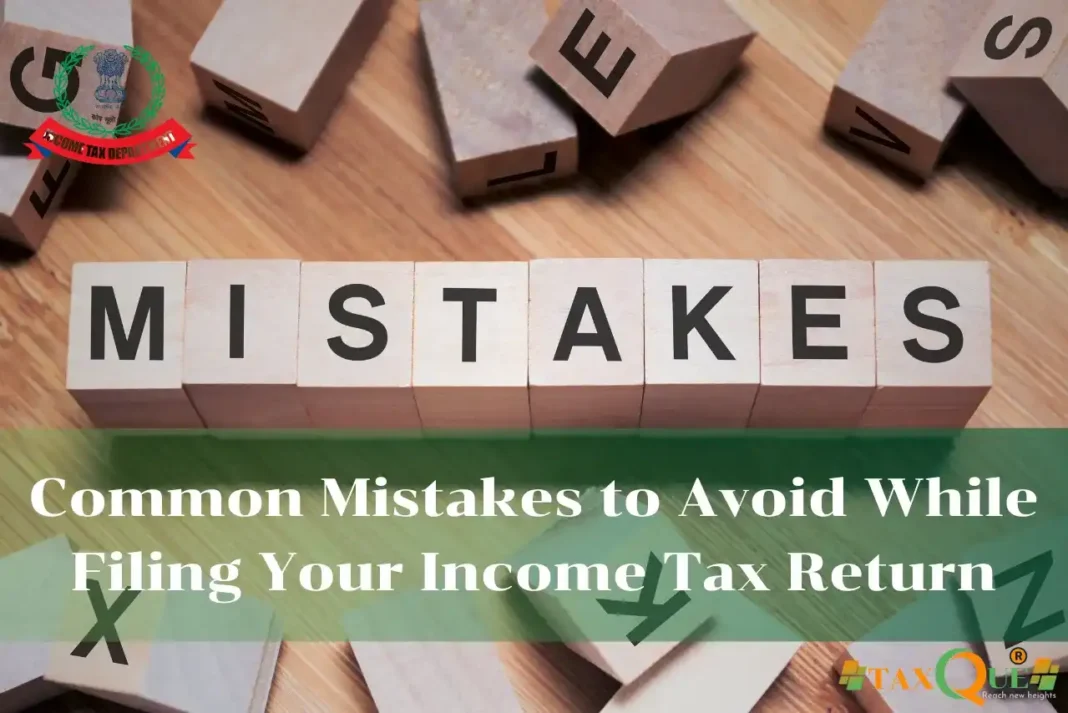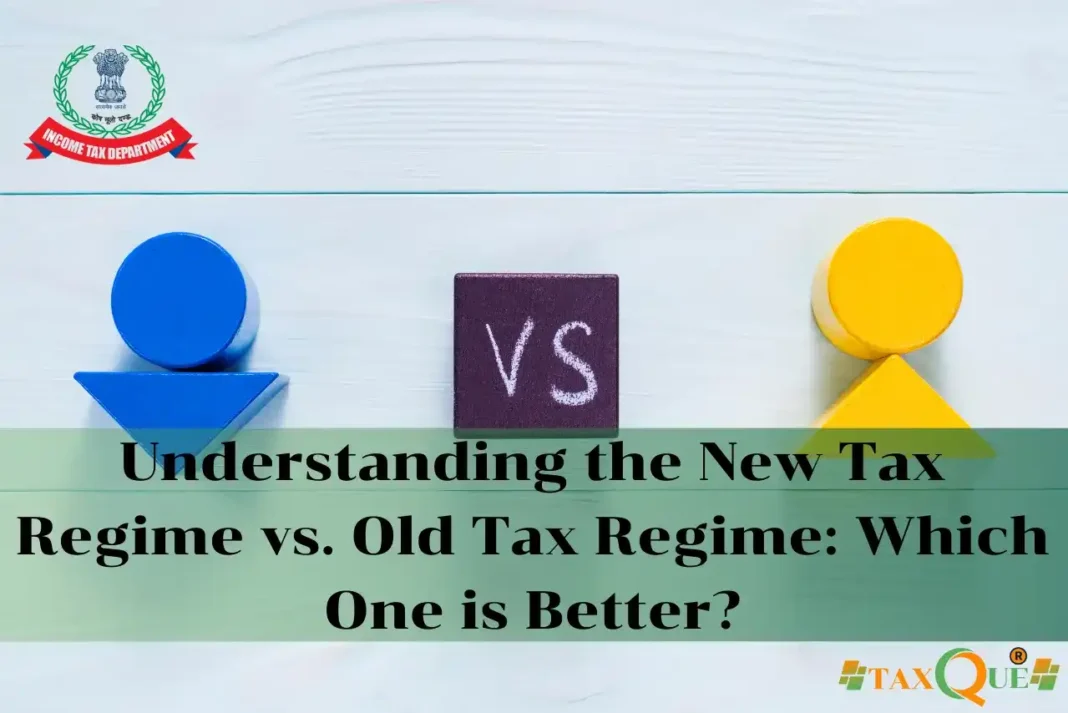Avoid These Costly Mistakes While Filing Your Income Tax Return in 2025!
Introduction
Filing your income tax return (ITR) in India can be a smooth process—if done right. However, many taxpayers, even experienced ones, often commit avoidable mistakes that can lead to penalties, notices from the Income Tax Department, or refund delays. Whether you’re filing your ITR yourself or using a tax professional, being aware of common errors can help you avoid unnecessary trouble. This guide lists the most frequent mistakes and how to prevent them when filing your return for Assessment Year (AY) 2025–26.
What Is an Income Tax Return (ITR)?
An Income Tax Return (ITR) is a form that taxpayers submit to the Income Tax Department of India to report their income, deductions, and tax liability. Filing your ITR correctly is not just a legal obligation but also important for financial transactions like applying for loans or visas.
Why It Matters
- Avoids Penalties: Errors can result in fines or interest under Sections 234F, 234A, etc.
- Faster Refunds: Accurate returns ensure smooth refund processing.
- Prevents Legal Hassles: Mistakes can attract scrutiny or tax notices.
- Supports Financial Documentation: ITRs are often required for credit and visa applications.
Step-by-Step Guide to Avoiding Common ITR Filing Mistakes
1. Selecting the Wrong ITR Form
Each form is suited to a specific type of income. Choosing the wrong one (e.g., ITR-1 instead of ITR-2 for capital gains) can result in a defective return notice under Section 139(9).
✅ Check eligibility using the Income Tax Department’s utility or consult a CA.
2. Not Reporting All Sources of Income
Salary, interest from savings accounts, FD, rental income, capital gains—all must be disclosed.
🚫 Many forget to report savings interest or freelance earnings.
3. Not Reconciling with Form 26AS and AIS
Your filed income must match the data in Form 26AS and the Annual Information Statement (AIS).
✅ Always download and check these before filing.
4. Ignoring Bank Account Validation
Refunds are only processed to pre-validated bank accounts.
🚫 Many users skip this step, delaying refunds.
5. Entering Incorrect Personal Information
Name, PAN, Aadhaar, address, and email/phone number must match your official records.
🚫 Mismatch may lead to failed e-verification or refund issues.
6. Failing to Claim Eligible Deductions
Forgetting to claim deductions like Section 80C (LIC, PF, ELSS), 80D (Health Insurance), or 80E (Education Loan Interest) can increase your tax liability.
✅ Keep a checklist of available deductions.
7. Not E-Verifying the Return
Filing is incomplete without e-verification (via Aadhaar OTP, net banking, etc.).
🚫 Unverified returns are considered invalid after 30 days.
8. Not Disclosing Foreign Assets or Crypto Income
This is mandatory for resident individuals with foreign assets or income. Failing to do so can attract penalties.
🚫 Be transparent to avoid future scrutiny.
9. Providing Incorrect Bank Details
Refund will not reach you if account number or IFSC code is wrong.
✅ Double-check account details before submission.
10. Filing After Due Date Without Understanding Consequences
Filing after the due date (usually July 31) invites a penalty up to ₹5,000 under Section 234F and prevents carry forward of certain losses.
✅ Always file before the deadline.
Common Mistakes to Avoid
- Filing the wrong ITR form
- Ignoring TDS and interest income
- Not matching AIS/Form 26AS data
- Forgetting to e-verify
- Claiming ineligible deductions
- Submitting incorrect PAN/Aadhaar
- Not updating contact or bank details
Conclusion
Filing your ITR accurately ensures compliance and peace of mind. Avoiding common errors—like using the wrong form, skipping verification, or forgetting deductions—can help you prevent penalties, refund delays, and legal hassles. Take time to verify your income, deductions, and documentation, and consider using official tax portals or professional help to file your return correctly for AY 2025–26.
FAQs
Q1. What happens if I file my ITR with incorrect income details?
You may receive a notice or your return could be flagged as defective.
Q2. Can I revise my return after submission?
Yes, you can file a revised return before December 31 of the assessment year.
Q3. Is e-verification compulsory?
Yes, your return is invalid if not verified within 30 days of filing.
Q4. What if I forgot to include interest from savings accounts?
You can revise the return or pay the additional tax with interest under Section 234B/234C.
Q5. Can I claim deductions if I forgot during original filing?
Yes, by filing a revised return with updated information.





